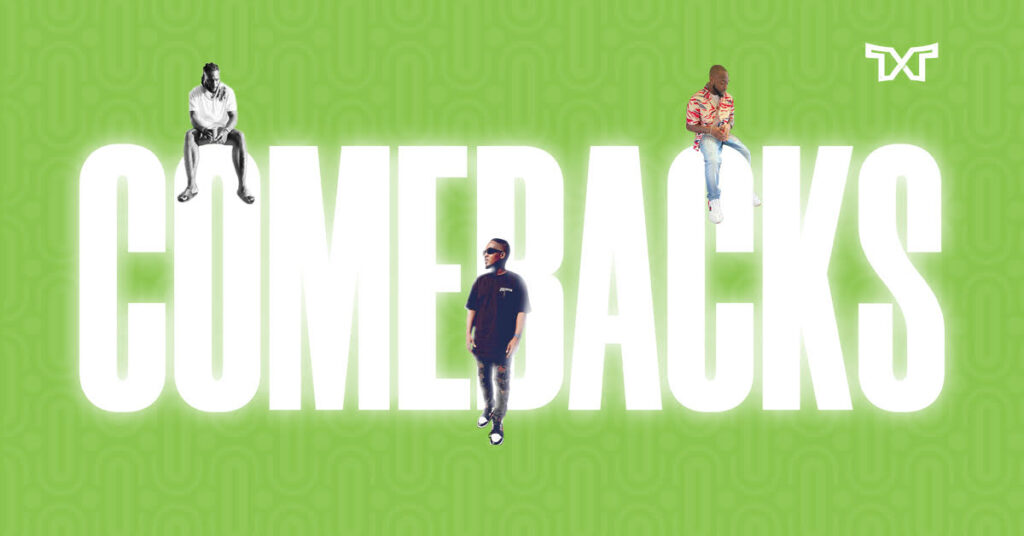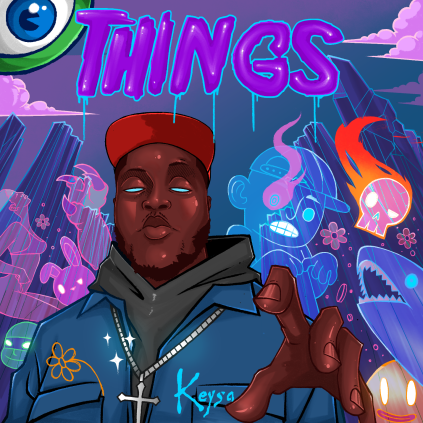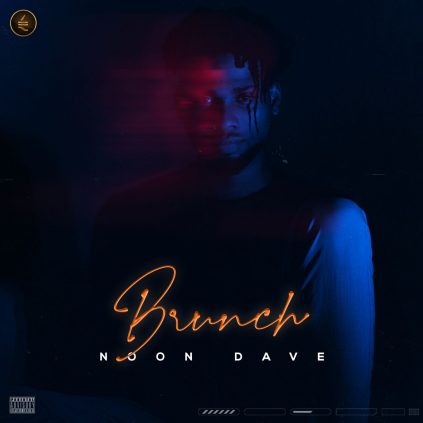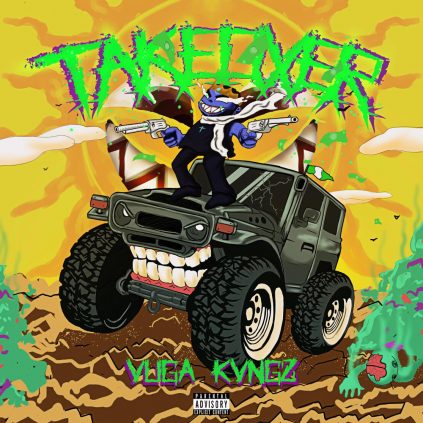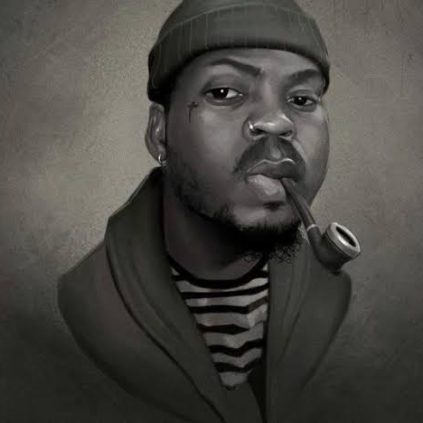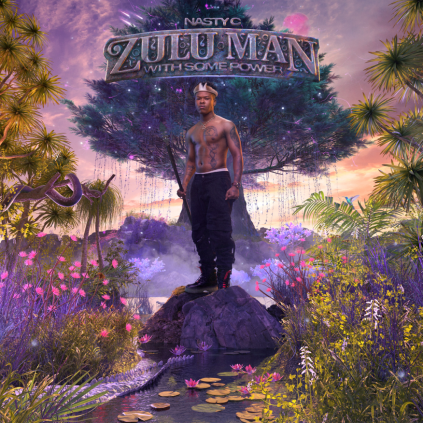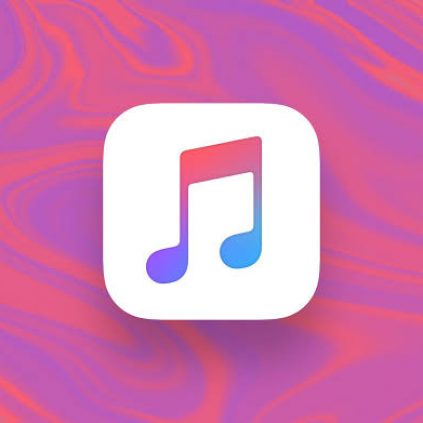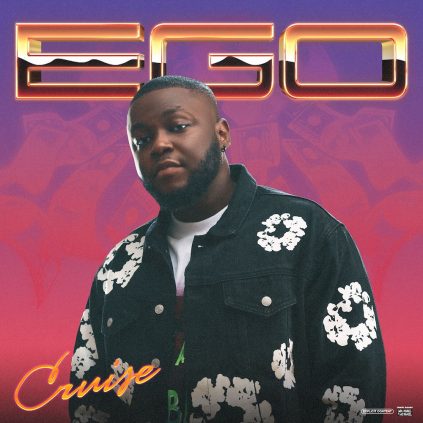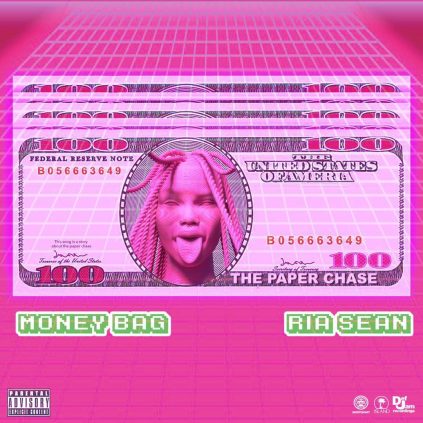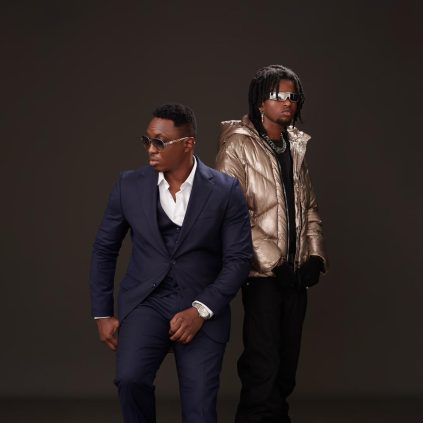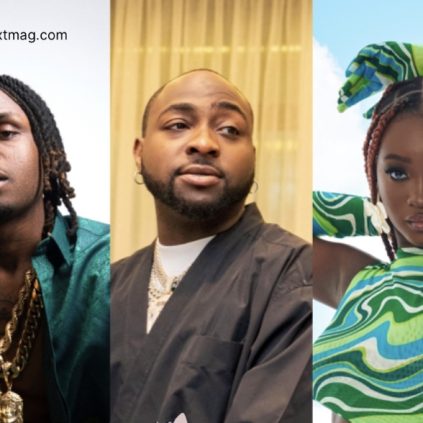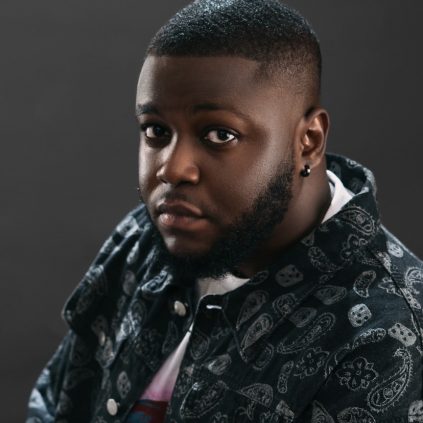In the existential void, we call life, very few feelings can be compared to the feeling of rising from the ashes like a phoenix after being written off. It is one thing to consistently put in work in obscurity while searching for widespread recognition, and another to fall back into obscurity and be regarded as “finished” or a “has been” after being in the limelight for years. The latter is simply crippling.
The music industry is ultra competitive and it is hard to sustain success and relevance for a long period. Audiences tend to have a short attention span due to the endless options available (in the famous words of one of the artists we would be looking at, “e choke”), so they find it easy to move on from a popping act especially when new music takes too long to arrive. The Nigerian music scene, especially in the last two decades, is no exception. Many have risen, shined, stuttered and fallen. However, the Nigerian music scene has also witnessed some truly iconic comebacks which will not impress anybody that sits back to reminisce and evaluate them. If anything, some of these comebacks broke international barriers. Before more names correctly come up in your head (at least two have definitely surfaced), here are five of the most iconic comebacks in Nigerian history—in the order in which we witnessed them.
5. 2Baba
Project: The Unstoppable: International Edition (2010)
Notable Songs: “Implication”, “Only Me”
Six years after the release of his debut album Face 2 Face, which birthed the timeless classic African Queen, very few people would have predicted that 2Baba (2Face Idibia as he was known then) would find himself in a precarious position requiring an emphatic comeback. In fact, the release of what is arguably his magnum opus Grass 2 Grace in 2006 would have made such a proposition improbable if it did surface. However, 2Baba’s third studio album, The Unstoppable, which was released in 2008 was a relative critical and commercial letdown.
The album’s release was reportedly marred by delays and difficulties. While they may not have actually put pressure on 2Baba, his hardcore fans may have looked at the situation from more agitated lenses given the widely successful albums released by his direct competitors: Game Over by defunct duo P-Square in 2007 and The Entertainer by D’Banj in 2008. Thankfully, after returning to the drawing board for two years, 2Baba was able to shake off all doubts as to his greatness with the emphatic release of the album’s re-up in 2010. It was titled The Unstoppable: International Edition.
Perhaps, if Afrobeats and Afro-Pop were as internationally viable in 2010 as they are now, the album could have lived up to its international billing even more. Still, it was a successful release, with noteworthy tracks like Implication, Only Me, Rain Drops, Be There, Free and Power of Naija (featuring Cobhams Asuquo and Omawumi). That same year, the album’s success was instrumental to 2Baba’s receipt of the MTV Africa Music Awards for Best Male and Artist of the Year. 2Baba also headlined a concert in Eko Hotels, Lagos in September 2010. A year later, the album received Headies Awards for Album of the Year and Best R&B/Pop Album.
Eleven years down the line, very few projects by Nigerian artistes can boast of that level of success and impact.
4. M.I Abaga
Project: The Chairman (2014)
Notable Songs: “Bad Belle”, “Bullion Van”
In order to fully grasp how immense this comeback is, M.I Abaga is the only rapper on this short list. Even if a longer list were to be made, it is highly unlikely that it would feature any other rapper. That would as well be attributed to how hip-hop has been slept on in Nigeria in recent years, but it is still fitting that one of the greatest and most influential Nigerian (and African) rappers of all time also has one of the greatest comebacks by a Nigerian Artist.
Many people may not have caught wind of his 2006 single Crowd Mentality in 2006/2007, but the release of the single Safe and his debut album Talk About It in 2008 blew M.I up and definitively hoisted him as a force to be reckoned with in Nigerian hip-hop. If there were any doubts as to whether that equally made him a force to be reckoned with in the Nigerian music industry as a whole, his 2010 sophomore album MI2: The Movie squashed them. While M.I dropped a couple of singles between 2010 and 2014, as well as the highly revered Illegal Music 2 mixtape in 2012, the astronomical rise of the ‘local’ rappers made M.I’s seeming absence from the scene look ominous for his career.
To be fair, four years is a long time for an A-list act in the Nigerian music industry to go without releasing a studio album. Any artist in that position had their work cut out for them (another artiste in this list was also able to surmount this, anyway). As history now shows, M.I rose to the challenge, teamed up with the biggest artistes from the country and delivered The Chairman in the last quarter of 2014. It spawned the hit singles, Bad Belle and Bullion Van, coupled with a mixed to positive critical reception. But here is the most impressive part: together with Wizkid’s sophomore album Ayowhich dropped a month earlier, The Chairman spent six years as one of the top five albums on Nigeria’s iTunes Top 100 Albums Chart. It is arguably his biggest and most successful album to date.
Even without a studio album for another four years after that (although the third of his Illegal Music mixtapes arrived in February 2016), The Chairman sealed M.I’s status as a Nigerian hip-hop great.
3. Davido
Project: A Good Time
Notable Songs: “If”, “Fall”
Two words: E choke.
The comeback of Afrobeats/Afro-Pop act David Adedeji Adeleke, popularly known as Davido, in 2017 AD is arguably the biggest comeback by a Nigerian artiste from the 2010s era. Once again, it is hard to talk about a turnaround of this magnitude without factoring in the relative strides of the peers involved. However, Davido’s immense initial success will be addressed first.
With the release of the hot singles “Back When” featuring Naeto C and “Dami Duro” in 2011, as well as the Omo Baba Olowo: The Genesis album in 2012, Davido quickly established himself as one of the leading new acts in the Nigerian industry. The accolades did also not take so long to roll in, as he clinched the Headies Next Rated Award in 2012, the 2014 MTV Africa Music Awards for Best Male and Artist of the Year (as 2Baba did in 2010) and the 2015 MTV Africa Music Award for Best Male. In 2015, all was set for the release of his proposed sophomore album Baddest and in 2016, he signed a record deal with Sony Music. Somehow, the momentum fizzled out. The Baddest album was never released. His first release under Sony, the Son of Mercy EP did not make the required impact and it seemed as though industry peer Wizkid had finally ‘cleared’ him due to the hugely successful international collaborations he graced in 2016.
Enter 2017. Enter Tekno.
Davido roared backed to the limelight, literally, with the release of the Tekno-produced track “If” in February 2017, which was hugely successful. Four months later, Davido followed up with the release of “Fall”, which matched the success of “If”. “Fall” eventually became the longest charting Nigerian pop song in Billboard history, coupled with a Gold certification by the Recording Industry Association of America (RIAA) and Music Canada. With a whopping 196 million views as of February 2021, the video for “Fall” is the most viewed music video by a Nigerian artiste ever on YouTube. More successful singles such as “Fia”, “Assurance”, “Blow My Mind” featuring Chris Brown and “Risky” featuring Popcaan led up to the release of Davido’s long-overdue sophomore album, titled A Good Time. As the icing on the cake of his comeback efforts, A Good Time amassed a billion streams in July 2020 and it is the most streamed album by an African artist to date.
It must also be stated that Davido clinched the BET Award for ‘Best International Act’ in 2018 and became the first artiste to receive this specific award onstage.
Enough said. E really choke.
2. Duncan Mighty
Project: Nil
Notable Songs: Fake Love (as a featured artist), Lova Lova (as a featured artist)
This might sound really humorous, but you know this is a fact. In the first quarter of 2018, Port-Harcourt’s first son Duncan Mighty (sorry Ric Hassani) reemerged from years of obscurity to temporarily become the toast of the Nigerian music scene.
For a chunk of the 2000s, Duncan Mighty thrived as a niche artiste with a niche audience. He was not as big as 2Baba, P-Square, D’Banj, Wande Coal or even Timaya. However, he had a good following and, as earlier hinted, was popular in Port-Harcourt—you could even say the entire South-South region of Nigeria. Of all his studio albums, his 2011 album Legacy (Ahamefuna) which spawned the jams I Love You and Obianuju is probably his most iconic album. He went on to drop three more albums before 2016, which makes his comeback story unusual. Duncan Mighty was just not in any major conversation.
Enter 2018. Enter StarBoy. And DMW. And Tiwa Savage.
On May 4 2018, a StarBoy Entertainment track titled Fake Love was released. It featured Duncan Mighty and Wizkid and it turned out to be a hit. Four months later, Duncan Mighty was featured in Tiwa Savage’s Lova Lova, which turned out to be an even bigger hit. Shortly after, he also teamed up with Davido and Peruzzi for the DMW track, Aza. Duncan Mighty was on a handful of songs during this period, but these three stood out.
Come to think of it, Duncan Mighty should have dropped an EP to fully capitalise on this heat period.
1. Burna Boy
Project: Outside (2018)
Notable Songs: Heaven’s Gate, Ye
This was the comeback that kickstarted arguably the greatest run ever by a Nigerian artiste. A comeback that ultimately culminated in two Grammy nominations and a Grammy win for Best Global Music Album.
Following the release of his sophomore album On A Spaceship in late 2015, Burna seemed to slowly phase-out of the conversation. His Redemption EP’s of late 2016 did not become the commercial success it had the potential to be. He put out a few songs afterwards and his core fans held onto them and rinsed them, but for nearly 3 years, no Burna song seemed to reach the dazzling heights of his 2015 single, Soke. However, signing with Bad Habit/Atlantic Records in 2017 would turn out to be the backseat pilot of Burna Boy’s comeback.
Burna Boy did not hesitate to get down to business in 2018, as his third studio album Outside was released in January. His Lily Allen-supported track, Heaven’s Gate, was well received. However, Ye transcended the parameters of a hit and grew into a national anthem—a distinction very, very few Nigerian songs can boast of. The track made the Outside album more popular, although some Outsiders (yes, the album gave his fanbase a name) do not necessarily regard it as the best song on the album. As of February 2021, Ye’s music video has amassed 128 million YouTube views. This is immense, considering that Burna’s most viewed video on the platform prior to Ye currently sits at 21 million views. Ye won multiple awards and has been certified Gold in Canada, France and the United Kingdom. The Outside album also clinched the Album of the Year award at the 2018 Nigeria Entertainment Awards.
It is hard to talk about Burna’s comeback without factoring in the African Giant album and the hugely successful singles that led up to it (Gbona, On The Low and Zlatan-assisted Killin Dem in 2018; Dangote, Anybody and Pull Up in 2019). However, the release of the Outside album remains the definitive factor. The run is another topic entirely.

